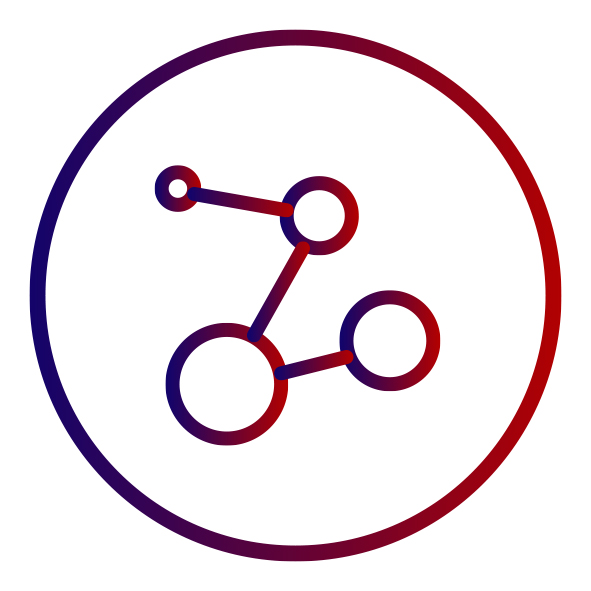
What RCN Holiday Parks teaches us about developing medicines with a social mission
What RCN Holiday Parks teaches us about developing medicines with a social mission
You may have seen it in the news: RCN Holiday Parks is being taken over by a large American investor. At first glance, not such exciting news. But RCN Holiday Parks was fully owned by the Interchurch Orientation Centre Foundation (SIOC). All profits from RCN were used by SIOC for social purposes – for example, free holidays for people who could not afford them. The new owner is unlikely to continue that mission. But what does the takeover of RCN have to do with drug development?
SIOC acted as steward of RCN Holiday Parks Ltd. Steward-ownership is a business model in which voting rights (power) and economic rights (financial interests) are separated, so that a company can fully focus on its true purpose. That is also one of the structures we are exploring at RARE-NL. RARE-NL is a national collaboration that brings together local initiatives from all university medical centers in the Netherlands, with the aim of developing medicines for rare diseases and drug repurposing in a socially responsible way. One of the approaches is for the RARE-NL foundation to hold shares in pharmaceutical companies as steward, or to be designated to take certain key decisions.
In companies where RARE-NL is involved, conditions for socially responsible business are embedded. We want to demonstrate that drug development can be done in a way that serves society. These conditions determine, for example, how data is made accessible, how the final price is set, and what happens to the profits. And if the company is ever sold, we want to be sure the social mission does not disappear along the way. That is why we want a say in these matters, regardless of how many shares we hold. RARE-NL is therefore exploring the possibility of becoming a steward of a company to achieve this. It’s an innovative form of entrepreneurship in the pharmaceutical field. But we must avoid the risk that RARE-NL itself could one day sell the companies to the highest bidder. Because with RCN Holiday Parks, the social purpose is now under threat because the company has been sold. That is exactly what we want to prevent. That is why RARE-NL is taking a slightly different approach.
So what can we learn from the takeover of RCN Holiday Parks?
1. Embedding a social mission in the statutes of the company
A company is not there for RARE-NL; RARE-NL is there for the company. In the statutes, we enshrine the social mission (developing a medicine and making it affordable and accessible to as many patients as possible). The company must then adhere to it. Changing the statutes is something we, as steward, of course want to have a say in.
2. We are not the only shareholder
To prevent RARE-NL’s own interests from interfering with the mission of the company, we do not claim exclusive rights over the most important decisions. For example, a patient representative, researcher, or entrepreneur involved in the project may also have a comparable role.
3. RARE-NL is not dependent on profit
When RARE-NL invests time and money in a project, we want to see that investment returned in due course. But for our daily operations and to achieve RARE-NL’s broader goals, we are not dependent on profits from the companies where we act as steward. This allows us to safeguard the social mission without being driven by financial interests.
Do we already know exactly how this should be done? No. With every project, we learn more about how to bring socially responsible entrepreneurship into practice. Acting as steward may be one way to achieve this, but it is certainly not the only one, nor always the best one. At RARE-NL we are researching this further: PhD candidate Roel Jonker, for example, is conducting doctoral research into how public interests can be safeguarded in drug development.
Do you have ideas, or would you like to spar with us? Get in touch!
This column was inspired by an article from We Are Stewards. Read their piece to learn more about what they think of public-benefit foundations as shareholders in steward-owned companies.


